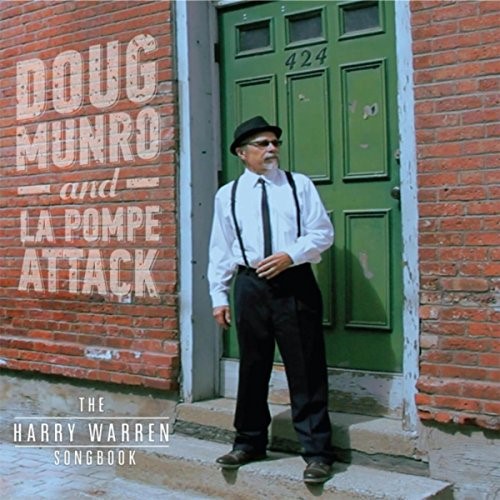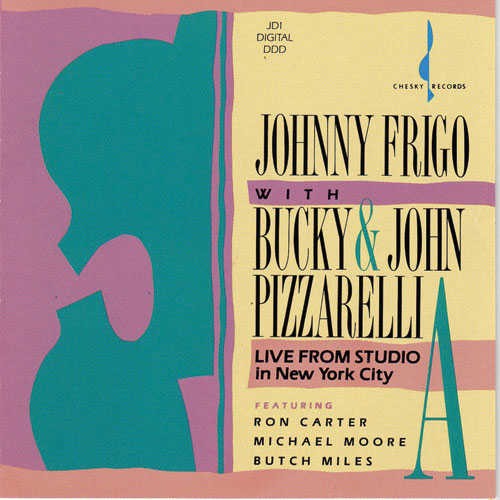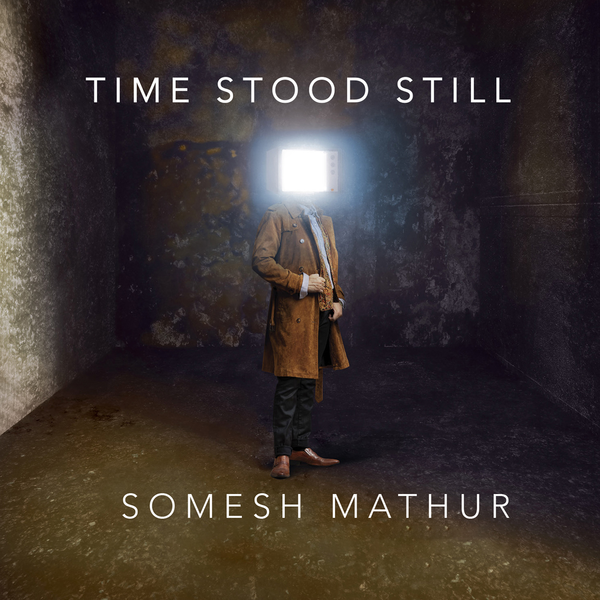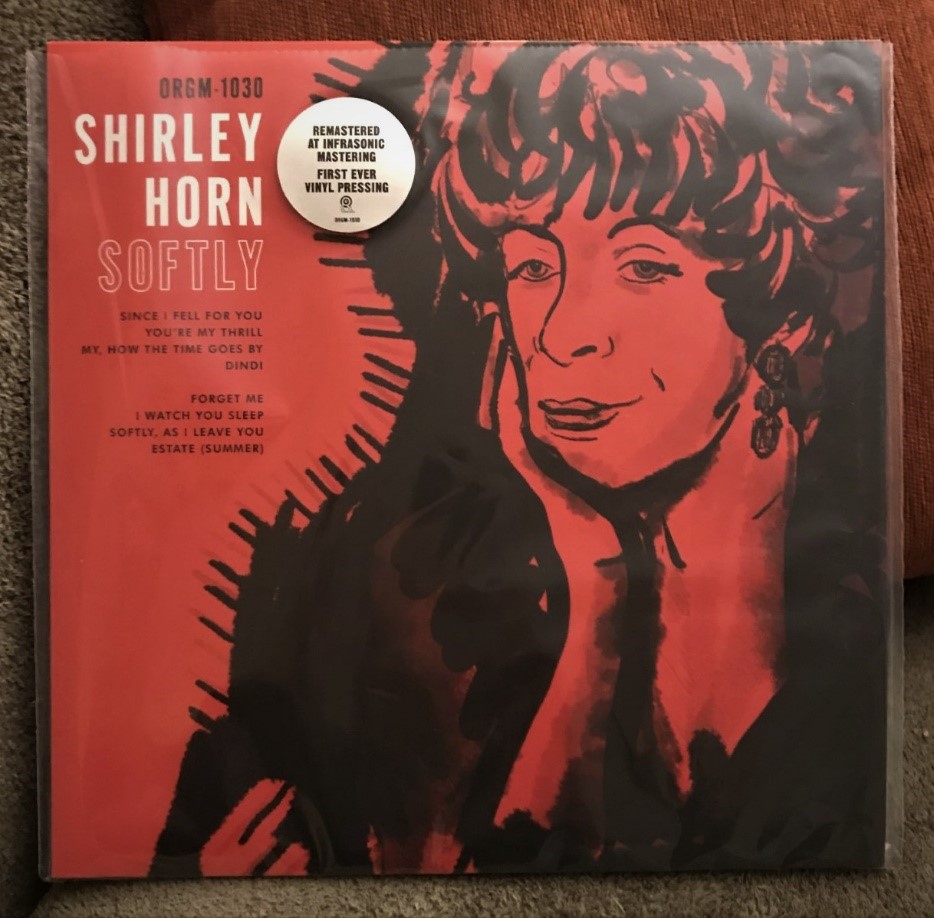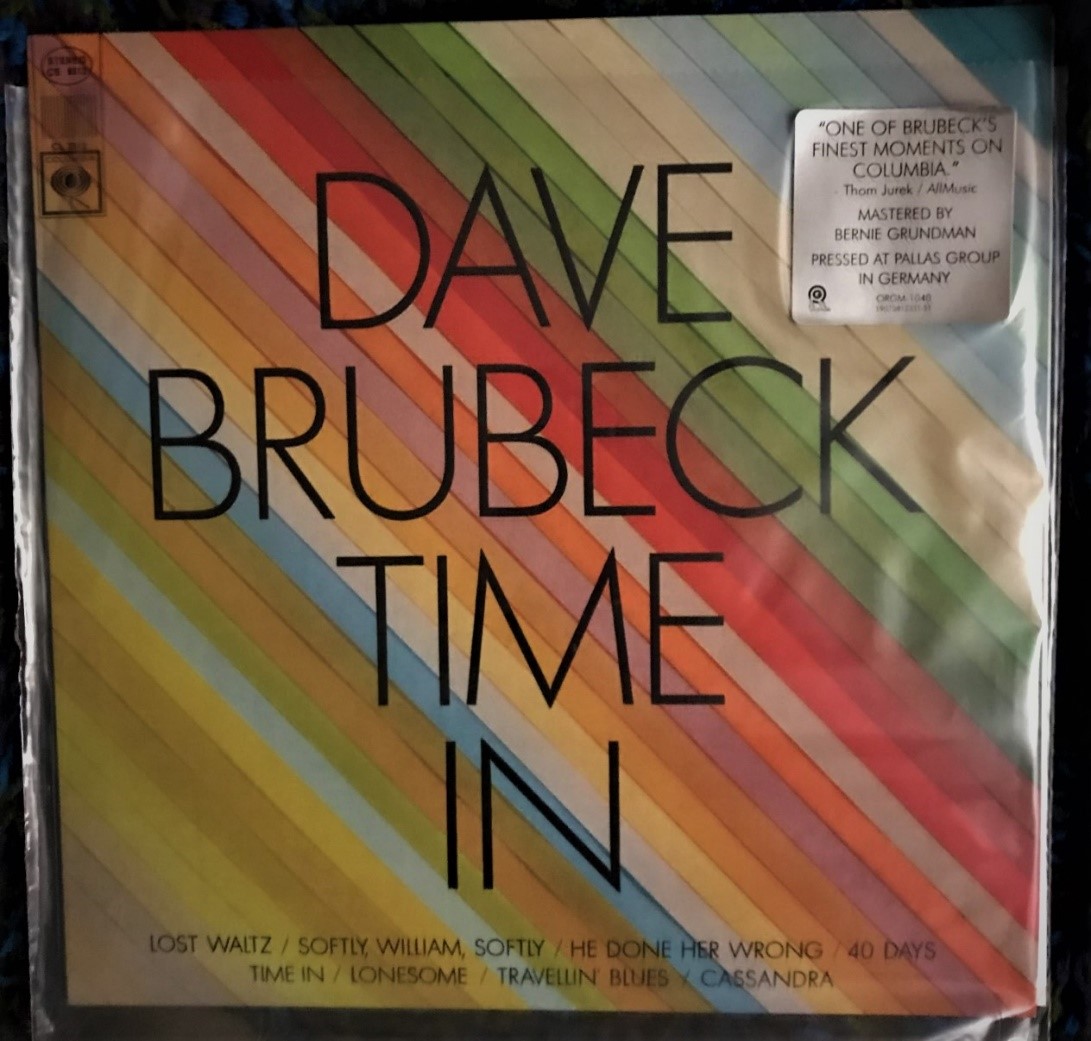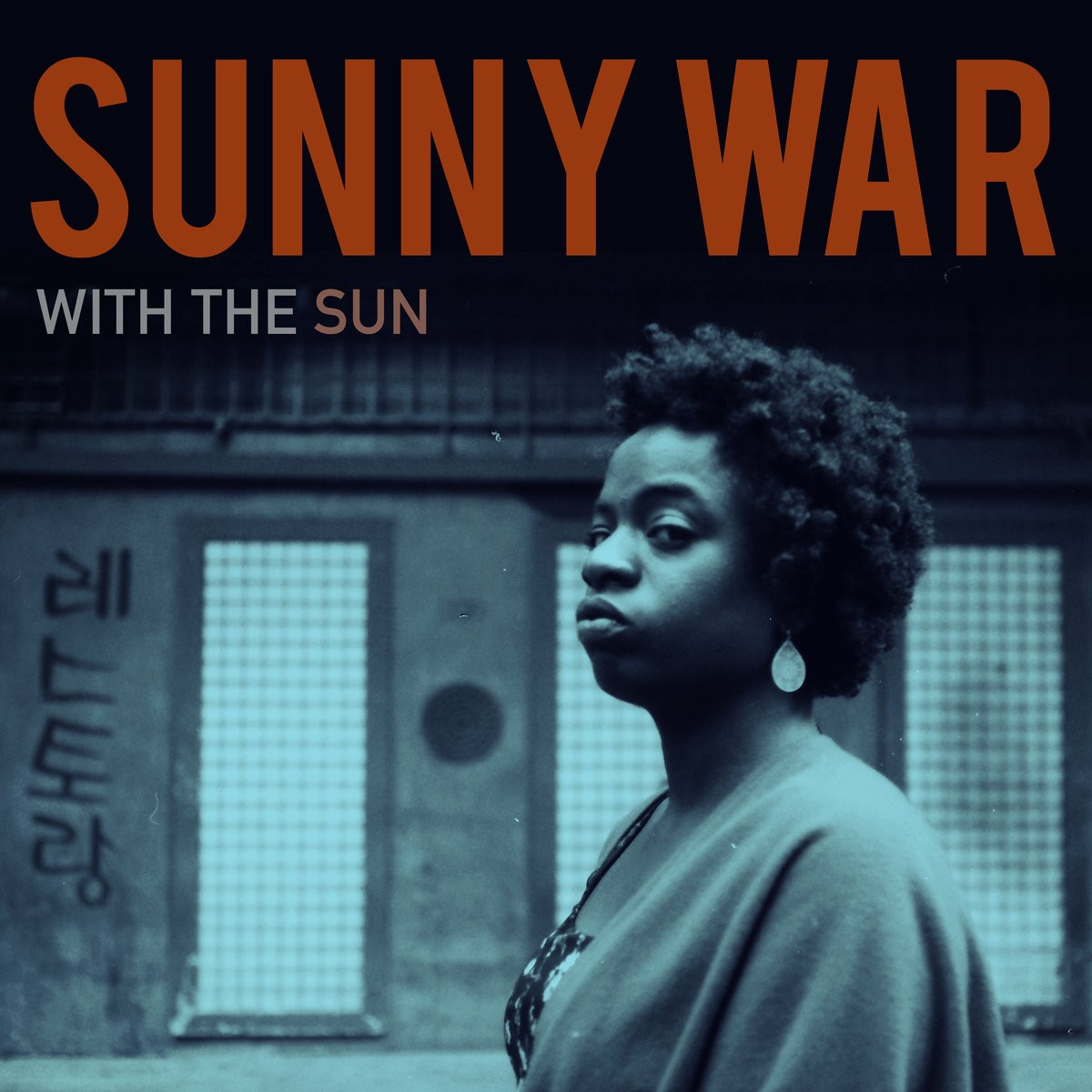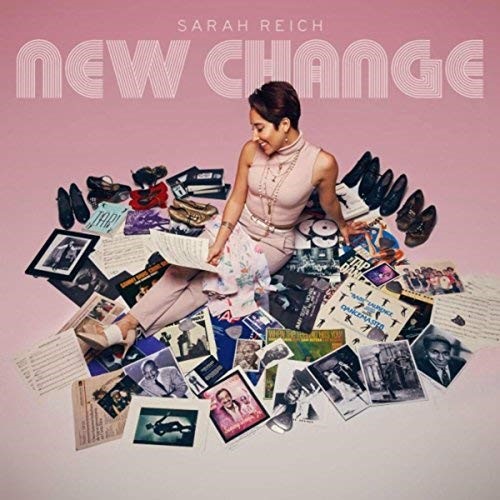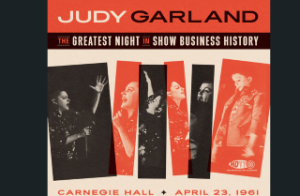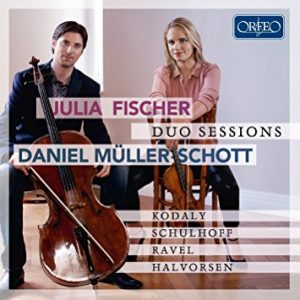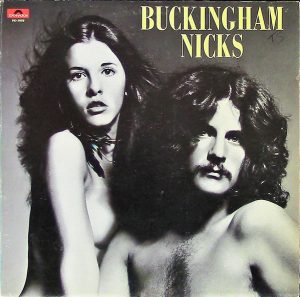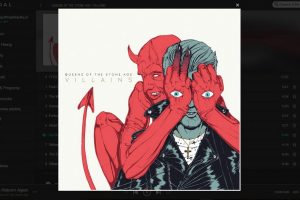Doug Munro and La Pompe Attack, The Harry Warren Songbook
(GotMusic Records, GMR-1004, available at http://www.dougmunro.com, $15.99 CD)
My first trip to an honest-to-goodness high-end audio store, one where I planned on making an actual purchase, happened way back in 1989 in downtown Philadelphia. (I lived there for almost a year, which now seems strange.) I sold off a decent chunk of my record collection, mostly the stuff I had collected as a teenager and felt I'd outgrown, so that I could upgrade the stock AR arm and an old Grado cartridge on my AR ES-1 turntable. I went to the now-defunct Chestnut Hill Audio, got talked into a Premier MMT arm and an Ortofon X5-MC cartridge, and wandered through the rest of the store while the tech set it up.
The owner and his wife came into the room and asked me if I wanted to sit down and listen to some music and evaluate some gear. Of course I did! I remember bits and pieces of the system—Vandersteen 2CE loudspeakers, PSE Studio IV power amp, California Audio Labs CD player and I forget what else. It wasn't a big dollar system, but it sounded wonderful to me and surpassed what I had back at home.
I still remember the first CD they played for me and the impression it made—Live from Studio A in New York City by Johnny Frigo with Bucky & John Pizzarelli, that classic audiophile CD from Chesky Records. I had just finished reading a rave about it in Stereophile and was aware of it, and perhaps I even thought about buying it. But listening to it for the first time, in that showroom, with that equipment—felt like it was the first time I had actually "heard" high-end audio. I instantly understood what terms like soundstaging and imaging really meant. My audio standards and expectation changed dramatically that afternoon.
Here's an interesting side-effect of that experience, one that's probably familiar to most audiophiles. I fell in love with that CD and that type of "hot swing" Paris-style jazz and its lively and playful combination of acoustic guitars and violins. The folks at Chestnut Hill Audio could have played anything that day, and I would have become an instant and lifelong fan of whatever genre it was—polka, grindcore, Mozart concertos for mouth harp and kazoo. But they played that CD. And whenever I see that CD in my collection, it brings back plenty of memories of my early audiophile days, as well as my brief time in the Keystone State. (Interestingly enough, those same exact memories come flooding back whenever I see a pair of used Vandersteens.)
I bring this all up because I simply wasn't prepared for this new CD, Doug Munro and La Pompe Attack's The Harry Warren Songbook. Despite all my gushing about this type of jazz, I don't have a lot of it in my music collection. There's a strange and irrational reason behind that—many years ago I paid a lot of money for a bunch of old Django Reinhardt LPs on eBay and they were all trashed. So I simply stopped listening to this type of music because the thought of being ripped off on eBay made me wince. This CD, however, made me confront my neuroses. It reminded me, through its sheer joy, how content and nostalgic I get when I listen to this type of jazz. It's romantic. It's sexy. It makes you want to drink champagne out of someone's shoe.
The Harry Warren Songbook, upon first listen, sounds comprehensive and definitive. It's a little bit of everything, all types of moods and tempos, a primer of this style of jazz in just 16 songs. You get all of Warren's classics such as "Lullaby of Broadway," "Jeepers Creepers," "Chattanooga Choo Choo," "Forty Second Street," "You Must Have Been a Beautiful Baby" and much, much more. What's amazing is that all but one of these songs was written in the 1930s and the 1940s, so there's a tremendous unity and consistency in these tracks, a constant energy. But what makes this album even more extraordinary is the man out in front, Doug Munro.
Munro, a celebrated jazz guitarist, is actually Harry Warren's great nephew on his father's side. Even though he never met Munro in person, he always wanted to pay tribute to him through a special project such as this one. Munro has also been one of the foremost interpreters of Reinhardt's catalog, so he thought it would be a great idea to combine those two worlds. On the liner notes, Munro says:
"The songs are arranged in the hot swing style made popular by the great guitarist Django Reinhardt with violinist Stephane Grappelli and the Hot Club de Paris. The main body of work from Django Reinhardt is from the same time period. It was an easy marriage of styles taken from the same point in history on two different continents."
The result is something truly seamless—unless you're familiar with Warren's original compositions, you might think they were specifically written for this type of ensemble. That polish is not surprising since Munro spent more than three years on this project. He recorded four different groups of musicians in four different sessions throughout the summer of 2016, and they captured a lot of performances in both the recording studio and on film. (Munro felt that since Warren composed so much of his music specifically for movie soundtracks, it would be fitting to offer video counterparts as well.) So you won't be listening to a lot of loose improvisation on this album, nor will you get the feeling that the sessions were fueled by booze and adrenaline. Each tune is precise and carefully executed.
That's not to say the result is something rehearsed or sterile. It reminds of the last time I saw James Taylor in concert just a few years ago. It was just him and his acoustic guitar, playing all of his biggest hits. I'm not a huge JT fan, and I envisioned a fairly tame performance—and I was wrong. I wasn't watching a man playing the same songs he'd played ten thousand times before. I saw a singer-songwriter who had explored every nook and cranny of this music over the course of decades and could still discover new meanings and perspectives—all while playing every note perfectly.
With The Harry Warren Songbook, you get that same feel of authority and the real meaning of the word "standard." Imagine if you found a seventy-year-old hot rod in an old barn. You give it a nice wash and a wax, you tune it up and you take it out for a spin and it drives smoother and faster than it ever has before. That's what you get here – flawless musicianship, fantastic sound quality and a great blending of two classic musical genres. The only thing missing is a mint pair of Vandersteen 2Cs.




